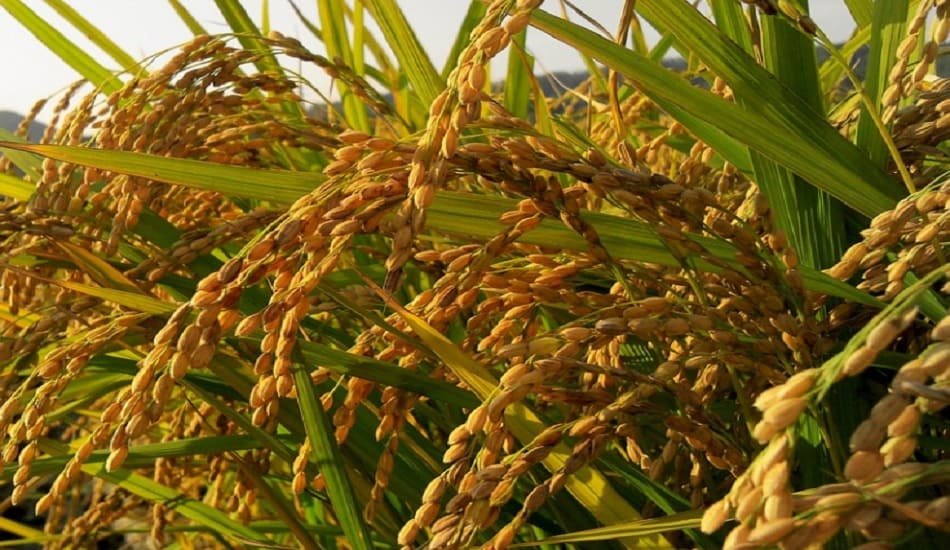WTO raises scrutiny on India’s MSP foodgrain program and calls for joint consultation.
The World Trade Organization (WTO) has increased its scrutiny of India’s minimum support price (MSP) program for foodgrain, with a group of nine countries, including the United States, Australia, Canada, Brazil, and Thailand, sending a new letter asking New Delhi for joint consultation to examine whether it is adhering to all of the multilateral body’s conditions.
At a recent WTO meeting, the countries voiced worry over India not providing complete information in its notifications related to its public stockholding programs and avoiding inquiries. Japan, New Zealand, Paraguay, and Uruguay round up the group of nine.
Peace provision
‘New Delhi has maintained that it has met all notice requirements and agreed to see members bilaterally,’ a source tracking the case told. Also Read | India’s ban on broken rice export criticized by US, EU & Senegal at WTO.
‘However, it has emphasized that it would not be forced into a group meeting facing bombardment from all nine countries.’ The rice MSP program is receiving special attention because India is the first government to apply the Bali ‘peace clause’ to justify exceeding the 10% ceiling (of total rice crop value) for rice support.
While the ‘peace clause’ allows developing countries to exceed the 10% limit without legal repercussions from members, it is subject to onerous reporting requirements and other limitations, such as not distorting global trade and not jeopardizing other members’ food security. The requirements also state that a developing member who benefits from the ‘peace clause’ must discuss with other members the implementation of its public stockholding programs upon request.
According to the source, the US has been criticizing India for not presenting complete information in its notifications on a regular basis. Paraguay had previously stated that, in its opinion, it was obligatory to declare all public stockholding programs and had chastised India for lacking a monitoring mechanism to ensure that no stocks were transferred.
Also Read | At WTO, India wants permanent solution to food grain buffer stock dispute.
Production value
‘In its defence, India stated that it provided data on the value of production (VoP) on numerous crops and stated that reporting the provisional VoP in notifications was not obligatory.’ It also stated that because it did not violate any other crop limits except rice, it was not required to notify on all other public stockholding programs,’ the person added.
It is now up to India and the nine countries to decide whether dialogues would be done in a plurilateral or bilateral style. ‘Because the Bali resolution does not specify the format of consultation, the countries will have to decide among themselves,’ the source noted.


















Add Comment